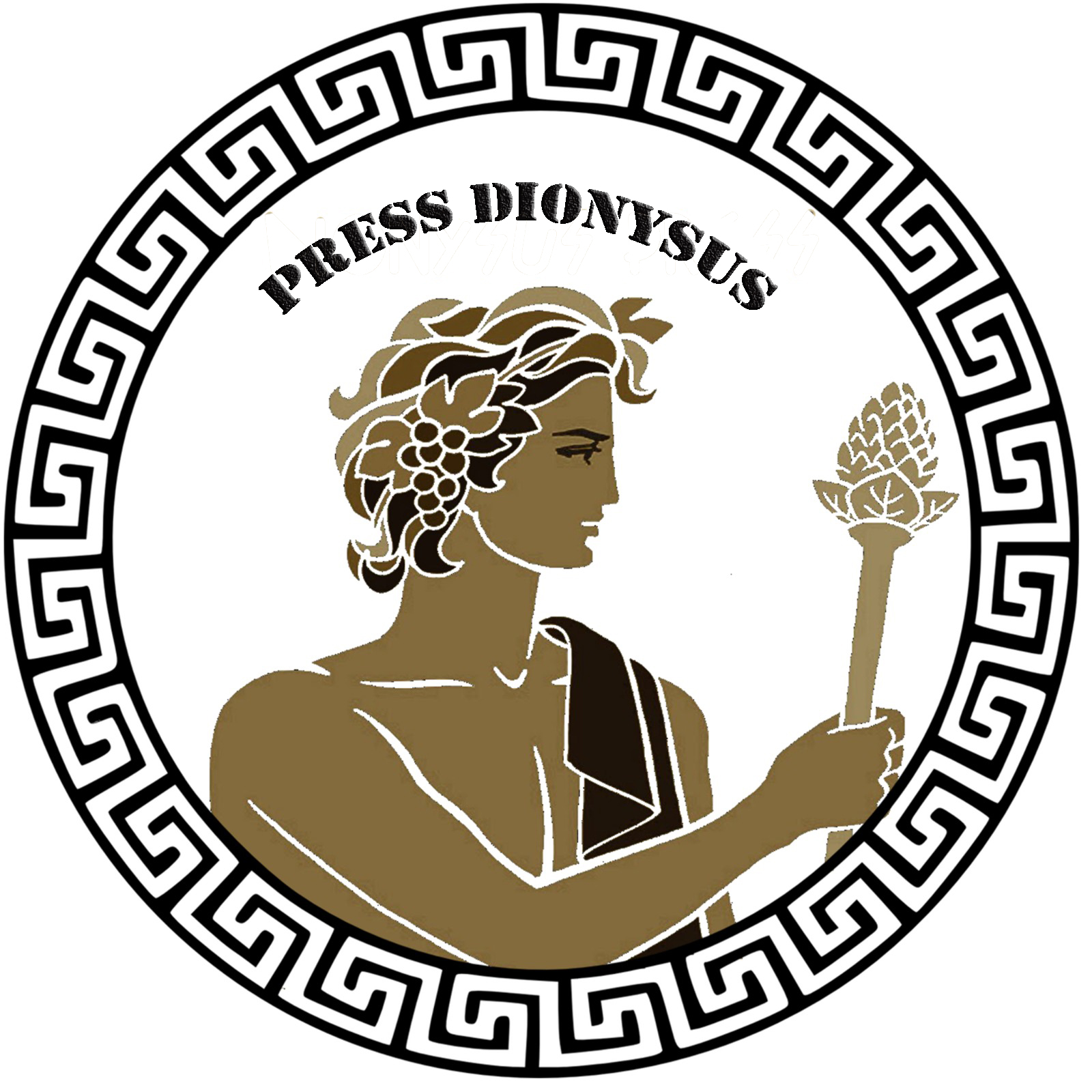ABOUT US
Press Dionysus is a London-based independent publisher. We mainly publish novels, short story collections, biographies, children's books and academic studies.
Press Dionysus provides editing, translation and proofreading services to writers should their books be chosen to be published. It also places particular importance on promotion, book-signing events, and social media activities.
Why Dionysus?
You may wonder why we have decided to name our publishing company after the Greek God Dionysus. That is because we have likened our ventures of reading, writing, creating, and publishing to those of Dionysus and found it to be a good fit.
Dionysus, meaning ‘born twice’, was Zeus’s son who was also the last of the twelve Olympian deities in ancient Greece . Just like Dionysus, we believe writing is a form of re-birth; we are reborn with everything we read and write.
Dionysus represents intuitiveness, creative overflow, the truth hidden in secrets and the savage and independent beauty. Hence, Press Dionysus especially wishes to incite and provoke young writers.
Dionysus always travels to escape Hera’s scorn and hatred. He is the God of transgression, of travel, who is always on the road. He discovers new aspects and features of the places he visits, discoveries which he then turns into a fruit that he feeds on. Aren’t books a journey of sorts? Books are a visit to unknown, undiscovered and untouched lands for both the writer and reader. Both return from their visit with new lessons, new fruits, and new experiences.
It has been during these travels that Dionysus discovered grape, wine, and ecstasy. Once passing by Phrygia, he meets Cybele, the goddess of fertility, and thus meets fecundity with wine. Wherever he goes, Dionysus brings with him grapevines; these vines grow impertinent and begin to cover all in sight. He teaches people how to make wine. The God of wine he may be, but he is not insistent. Dionysus emphasises the quality of the wine, not its quantity. He shows the good and the bad; then he leaves people to make a choice. Those with consciousness choose quality whilst those without choose excess. Like a good book, Dionysus does not force us into notions of good and evil; he leads us through to where these notions dwell and leaves the decision to the reader.


